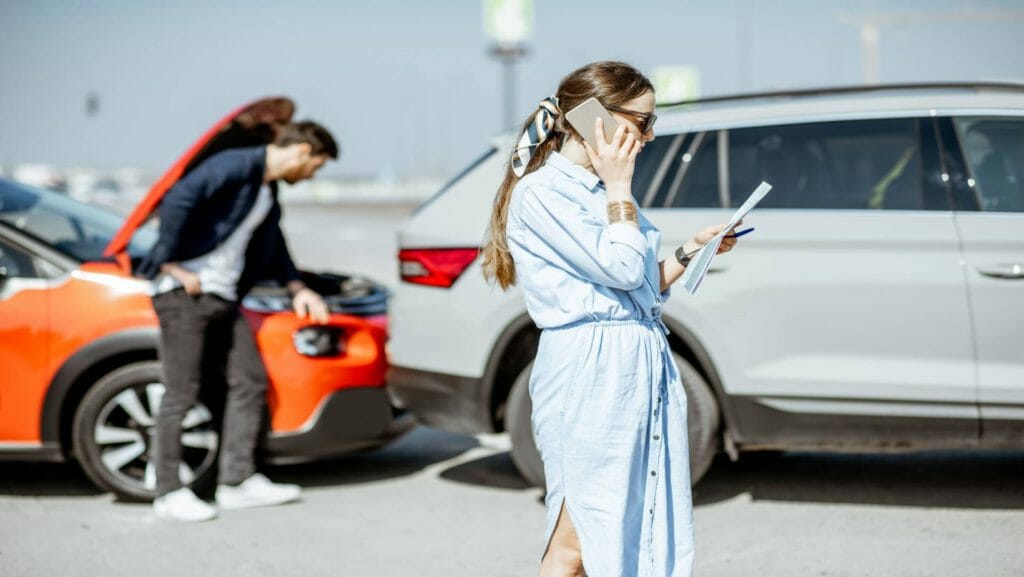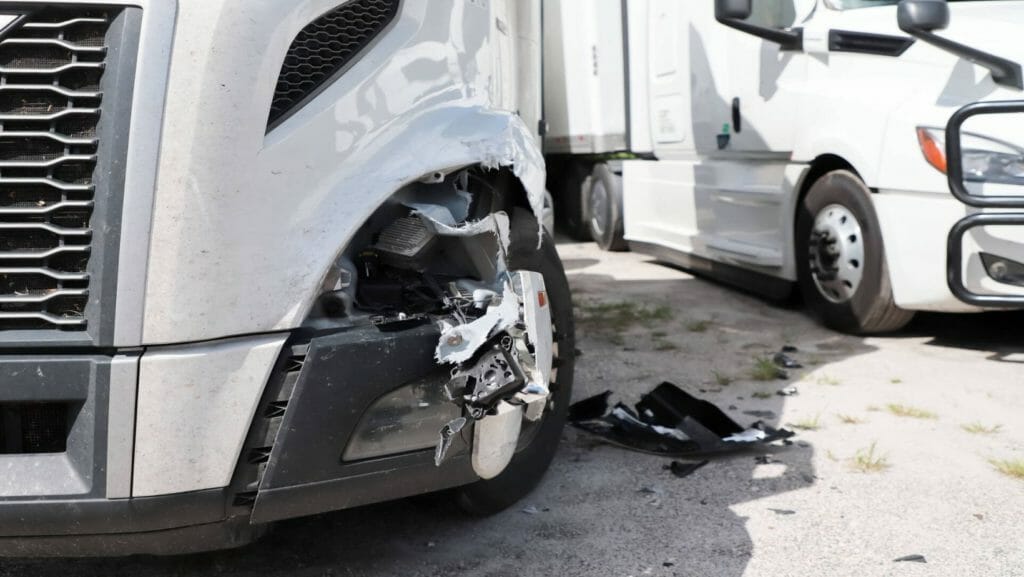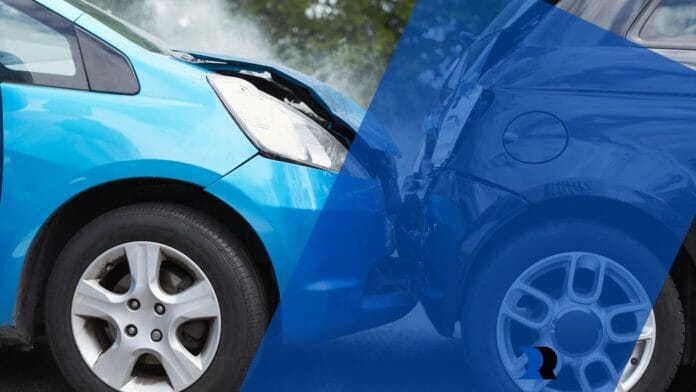Company vehicles are crucial business assets. A commercial fleet allows you to promptly deliver goods and services to your clients. When used for corporate travel or other functions, these vehicles ensure your employees can reach their destination and allow them to work conveniently no matter where they are.
You can own one or several cars, vans, trucks, or even heavy equipment, increasing your bottom line and allowing your business to grow. These vehicles are very advantageous until they get involved in an accident.
No matter how minor, company vehicle accidents can result in property damage. Company car accidents can result in damage ranging from broken poles to ruined landscapes. Major accidents can even lead to severe injuries to everyone involved. If you’ve been involved in a car accident and need legal assistance, it’s important to consult with a qualified car accident lawyer. These lawyers specialize in handling cases related to automobile accidents and can help you navigate the legal process to seek compensation for your injuries and damages.
Whether you’re a business owner, employee, driver, or passenger in another car, determining who’s liable is crucial for claiming compensation for a commercial vehicle accident.

Who Is At Fault?
Car crashes happen not by chance but due to another person’s negligent action. In the case of a company car collision, this could mean an employee rushing to meet a client for an appointment, a business owner who fails to perform routine maintenance on their company fleet, or some other reckless driver on the road.
While it can be challenging to determine this on your own, a legal expert can assist you in identifying who is at fault. This could be the employee and/or their employer, or the other driver. Lawyers can help you file a claim for crash-related expenses and advise you on additional steps to take to compensate for vehicle repair, hospitalization, rehabilitation, and lost earnings.
So, who should you pursue for property damage or personal injuries? If the employee is at fault, is it just them or do you go straight for the company? What if the employee is faultless and the other driver is to blame?
All these questions make company vehicle accidents more complicated than other car accident situations. Below is a quick explanation regarding employee, employer, and third-party liability. Employee and employer liabilities arise when the employee behind the wheel is at fault. Otherwise, the third party will be liable for all damages arising from company vehicle accidents.
Employee Is At Fault
It’s natural to go after the person directly involved in the accident. After all, they’re the ones who control the wheel. These individuals should ensure they and their vehicles are fit for the road.
What happens if an employee crashes a company vehicle and it’s their fault?
Employees may be at fault depending on when and how they use the company vehicle. For example, they’re responsible for the mishap, especially when using the vehicle beyond the scope of their job.
Driving to and from work, running personal errands while on duty, or using vehicles after working hours make employees liable for the accident. It’s because they are using the vehicle beyond its intended use. In addition, employees are also responsible for damages if they drive under the influence or commit other crimes using the company car, van, or truck.
Employees who drive company vehicles need to prepare themselves for these events. They should avail themselves of third-party insurance so they can pay for damaged property. Sufficient coverage also helps them cover the hospitalization costs of the other driver and their passengers.

Employer Is At Fault
What happens if your employee gets involved in a car crash while they’re on their way to meet a client or to attend a business meeting? What if they’re supposed to participate in critical training or perform other tasks during work hours?
When this happens, employees can rely on their company’s liability insurance. This will cover the other driver’s claim for pain and suffering, lost earnings, and at times, vehicle repair or property restoration services.
Another Driver Is At Fault
There are also instances when another party is at fault for the situation. Negligent actions, such as distracted driving or speeding, can cause a collision with a company vehicle or another private vehicle.
The driver who caused the accident will be liable for all damage incurred by the employee and their employer. The employer can claim against the third party’s insurance to compensate for vehicle damage and other business losses.
Conclusion
Determining who’s at fault for a company vehicle accident is crucial for a successful insurance claim. Those who get hurt due to an employee’s indiscriminate use of a company vehicle can claim third-party insurance for vehicle repair or personal injuries.
Moreover, employers should carry sufficient coverage for property damage or bodily injury if the crash is due to employee negligence.
In case another driver is at fault for the crash, employers and concerned employees can pursue a third-party insurance claim to cover the company’s losses. In all these, a seasoned lawyer can determine liability and advocate for fair compensation when you fall victim to a company vehicle accident.


